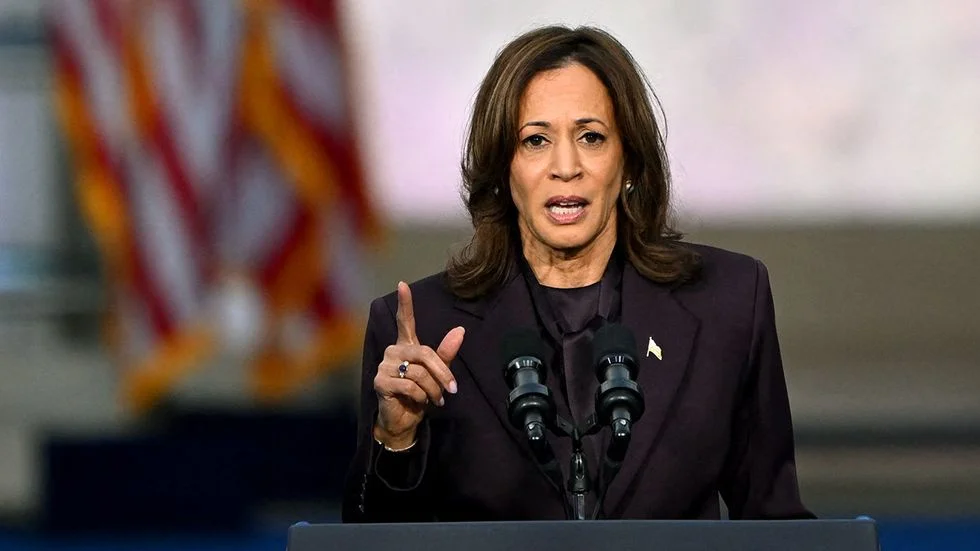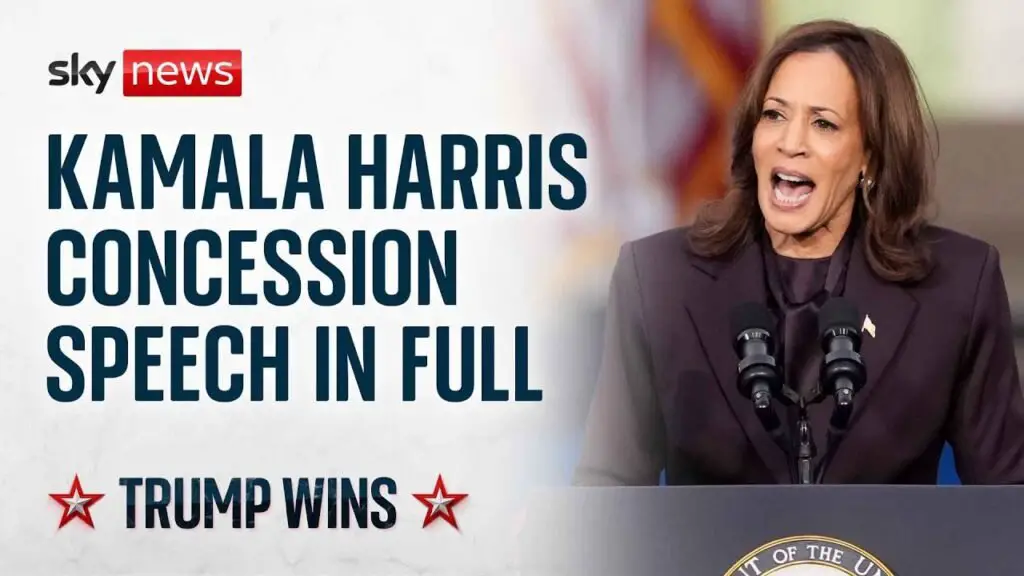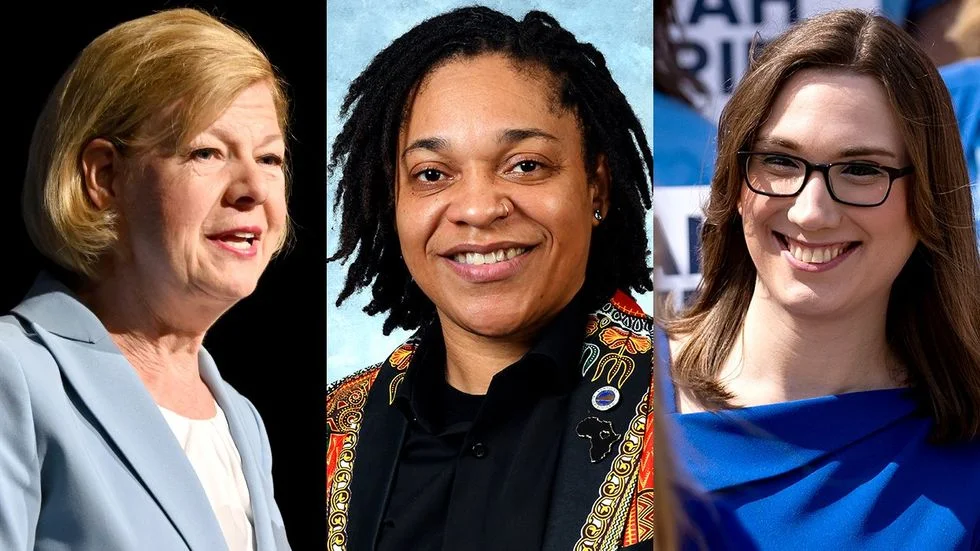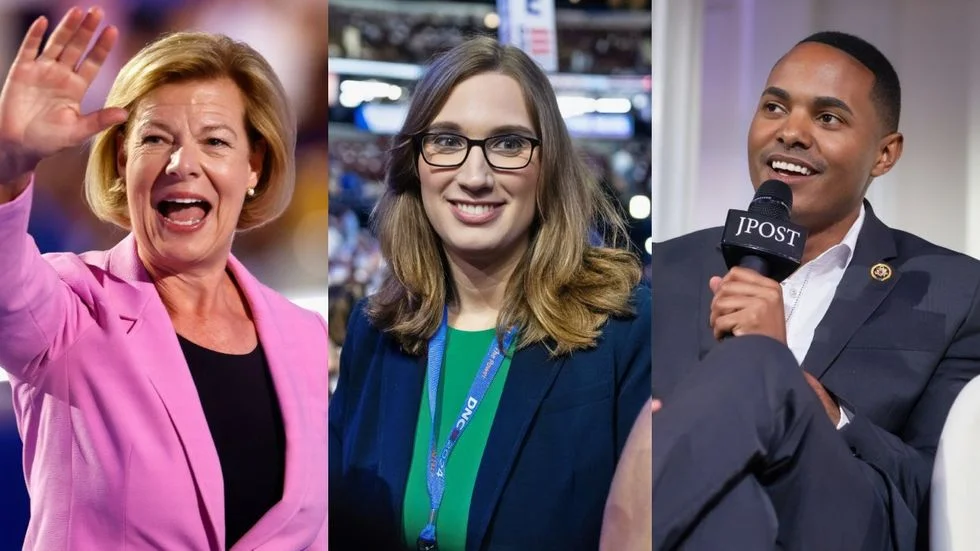Vice President Kamala Harris, in an emotional concession speech delivered from The Yard at Washington, D.C.’s Howard University, acknowledged defeat in her bid to become the United States’ next president. Her message signaled a transformative moment in American politics and a renewed call to action for progressives, women, marginalized groups, and people of color.
Standing on the same campus where she once studied, Harris addressed a diverse crowd of supporters, many tearful, others resilient. She expressed gratitude and resolve, describing the campaign as a unified, inclusive effort to champion the values of freedom, justice, and opportunity. “The outcome of this election is not what we wanted,” Harris said, “but the light of America’s promise will always burn bright as long as we never give up.”
Her concession marked the end of a campaign that had captivated millions who saw Harris as the embodiment of possibility, breaking long-standing racial and gender barriers. The crowd at Howard, a historically Black university and Harris’s alma mater, symbolized the multicultural coalition that fueled her rise and her vision for a more inclusive America. For many, her loss felt personal.
Kevin Dietsch/Getty Images
Harris announced she had called President-elect Donald Trump to congratulate him and promised a peaceful transition of power. Yet she emphasized that her fight for core democratic values would continue. “While I concede this election, I do not concede the fight that fueled this campaign,” she declared, eliciting cheers from the dejected crowd. Her voice unwavering, she articulated a vision for America rooted in justice, equality, and respect — ideals she vowed to champion beyond her official role.
She called on her supporters to embrace the path forward resiliently, encouraging young people to harness their disappointment into action. “To the young people watching, it’s okay to feel sad and disappointed,” she said. “But don’t ever give up… You have the capacity to do extraordinary good in the world.”
The vice president’s speech punctuates a tectonic shift in American society, which chose authoritarianism, lies, and crime over the positive vision of America she put forward. Harris’s campaign, which united people across race, age, and socioeconomic backgrounds, was a powerful testament to the desire for a new vision of American leadership. Even in defeat, Harris’s legacy as a trailblazer — the first Black and South Asian woman to hold the office of vice president and lead a major presidential ticket — reshapes the country’s political landscape and redefines who can aspire to the highest levels of leadership.
Reflecting on her career as a prosecutor and her role in public service, Harris closed her speech by urging Americans to keep fighting for a brighter, more inclusive future. She invoked an old adage: “Only when it is dark enough can you see the stars,” urging those gathered to carry the light of hope and justice forward despite the election’s outcome.
In her speech’s final moments, Harris expressed confidence that the ideals she championed would endure, sustained by a new generation of activists and leaders. While marking the end of a historic campaign, her concession ignited a renewed commitment to change among her supporters. As Harris left the stage, her message lingered, underscoring a pivotal moment in the nation’s history — a moment defined not by loss but by the resilience of a movement that, for many, has only just begun.



